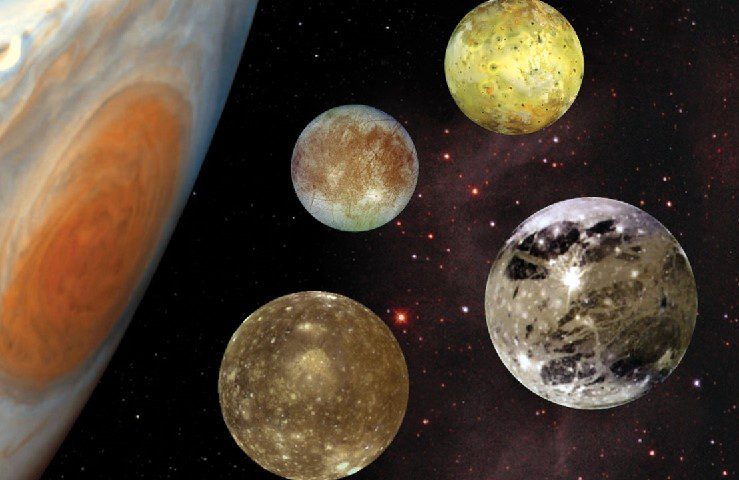Scientists have discovered that the clouds of Jupiter have water. The gas giant’s clouds have a sufficient amount of water that could support Earth-like life. Findings suggest that the water activity value sits above the survivable threshold. This means that clouds have a high enough concentration of water. These water conditions make temperatures in the region suitable for survival. Researchers said that the current water conditions and temperature in Jupiter’s clouds are suitable for microbial life. They, however, added that the discovery of water in Jupiter clouds doesn’t mean that there is life on the gas giant. Right nutrients are also required other than water and temperature to support life.
Researchers said that high levels of ultraviolet radiation and the non-availability of essential nutrients prevent life from thriving on Jupiter. The findings were made during an analysis of data collected by the Galileo probe. The research was led by Queen’s University Belfast. Researchers devised a method to detect and analyze the water activity in Jupiter’s atmosphere. They found that water activity was enough at which life can exist on Earth. The method varied from methods that involve direct observations of pressure, temperature, and water concentration. Jupiter’s atmosphere is made up of 90 percent hydrogen and 10 percent helium. There are small traces of other gases as well.
Jupiter is almost 11 times bigger than Earth in size. It is the fifth planet from the Sun in the solar system. It has no solid surface and is composed of gases. NASA has sent eight missions to Jupiter to explore the planet. The first spacecraft to orbit Jupiter was Galileo. It orbited Jupiter 35 times in over seven years after entering into the planet’s orbit in 1995. It studied the planet’s magnetic field and moons. Meanwhile, the agency is planning to launch another Jupiter-bound mission in 2024. It will arrive at Jupiter in 2030. Before this, the ESA is planning to launch JUICE in 2022. It will arrive at Jupiter in 2029.
